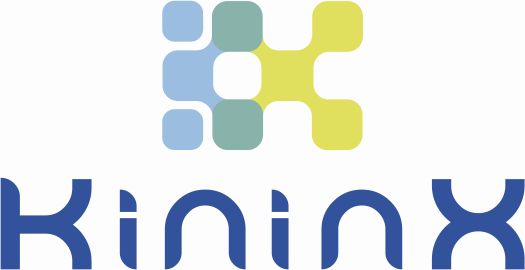Scientific programme
Thursday, 18 May
| 13:00-20:00 | Registration | |
| 17:00-17:30 | Welcome coffee | |
| 17:30-20:30 |
Opening ceremony
Laudation of Bruce Zuraw by Anthony Castaldo
Opening lectures I
|
|
Friday, 19 May |
||
| 08:15-09:45 |
Opening lectures II
|
|
| 09:45-10:15 | Coffee break | |
| 10:15-12:15 |
Scientific lectures The exploration of molecular mechanisms and advances in diagnosis – dig deep to uncover the truth
|
|
| 12:15-13:45 | Lunch break | |
| 13:45-14:30 |
Scientific lectures The events of an angioedema episode – a tour into hell and back
|
|
| 14:30-16:00 |
Poster session I. & Coffee break MINGLING WITH THE AUTHORS – SCIENCE IN THE SHOP-WINDOW I. |
|
| P-01 |
|
|
| P-02 |
|
|
| P-03 |
|
|
| P-04 |
|
|
| P-05 |
|
|
| P-06 |
|
|
| P-07 |
|
|
| P-08 |
|
|
| P-09 |
|
|
| P-10 |
|
|
| P-11 |
|
|
| P-12 |
|
|
| P-13 |
|
|
| P-14 |
|
|
| P-15 |
|
|
| P-16 |
|
|
| P-17 |
|
|
| P-18 |
|
|
| P-19 |
|
|
| P-20 |
|
|
Saturday, 20 May |
||
| 08:30-10:00 |
Opening lectures III
Scientific lectures A new identity for C1-INH therapy – a facelift for the better
|
|
| 10:00-10:30 | Coffee break | |
| 10:30-12:15 | Scientific lectures
The diversity of inhibitory therapies and the multitude of genes – hunters and their games
|
|
| 12:15-13:45 | Lunch break | |
| 13:45-15:00 |
Round table discussion Genetics of Angioedema: A Precision Medicine promise
|
|
| 15:00-17:00 |
Poster session II & Coffee break MINGLING WITH THE AUTHORS – SCIENCE IN THE SHOP-WINDOW II. |
|
| P-21 |
|
|
| P-22 |
|
|
| P-23 |
|
|
| P-24 |
|
|
| P-25 |
|
|
| P-26 |
|
|
| P-27 |
|
|
| P-28 |
|
|
| P-29 |
|
|
| P-30 |
|
|
| P-31 |
|
|
| P-32 |
|
|
| P-33 |
|
|
| P-34 |
|
|
| P-35 |
|
|
| P-36 |
|
|
| P-37 |
|
|
| P-38 |
|
|
| P-39 |
|
|
| P-40 |
|
|
| P-41 |
|
|
| P-42 |
|
|
| P-43 |
|
|
| P-44 |
|
|
| P-45 |
|
|
| P-46 |
|
|
| Late poster |
|
|
Sunday, 21 May |
||
| 08:30-10:15 |
Opening lectures IV
Scientific lectures Accomplishments in clinical practice – a tribute to healthcare professionals
|
|
| 10:15-10:45 | Coffee break | |
| 10:45-12:30 |
Scientific lectures Education&Nursing&QoL – novel hopes for a brighter future
|
|
| 12:30-13:00 | Closing Ceremony /Chairs: H. Farkas, L. Varga, B. Zuraw/ „Grant for Young Investigators” prize-giving |
|
| 13:00-14:00 | Lunch | |
| 14:00- | A two-year break… | |


 Scientific programme
Scientific programme 




